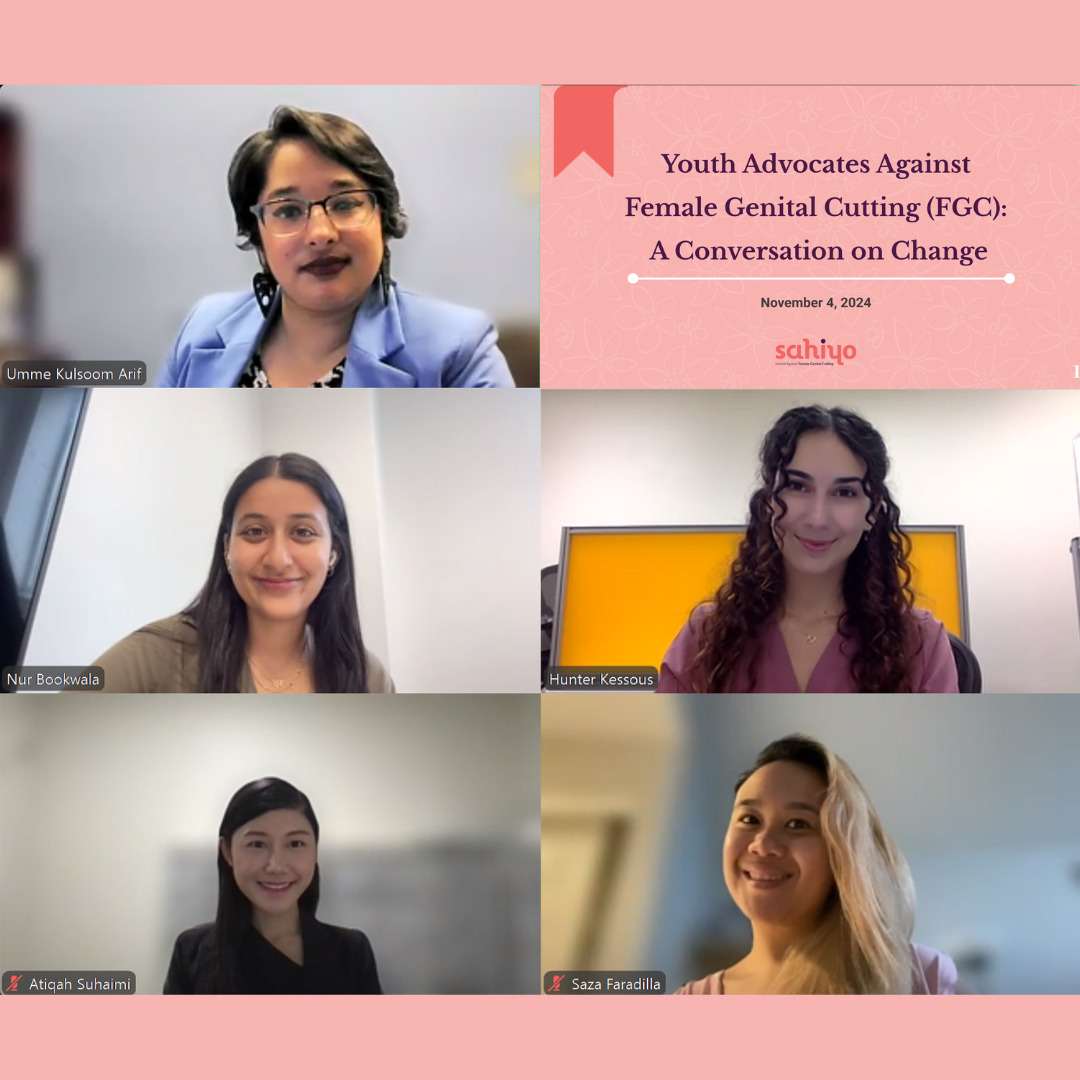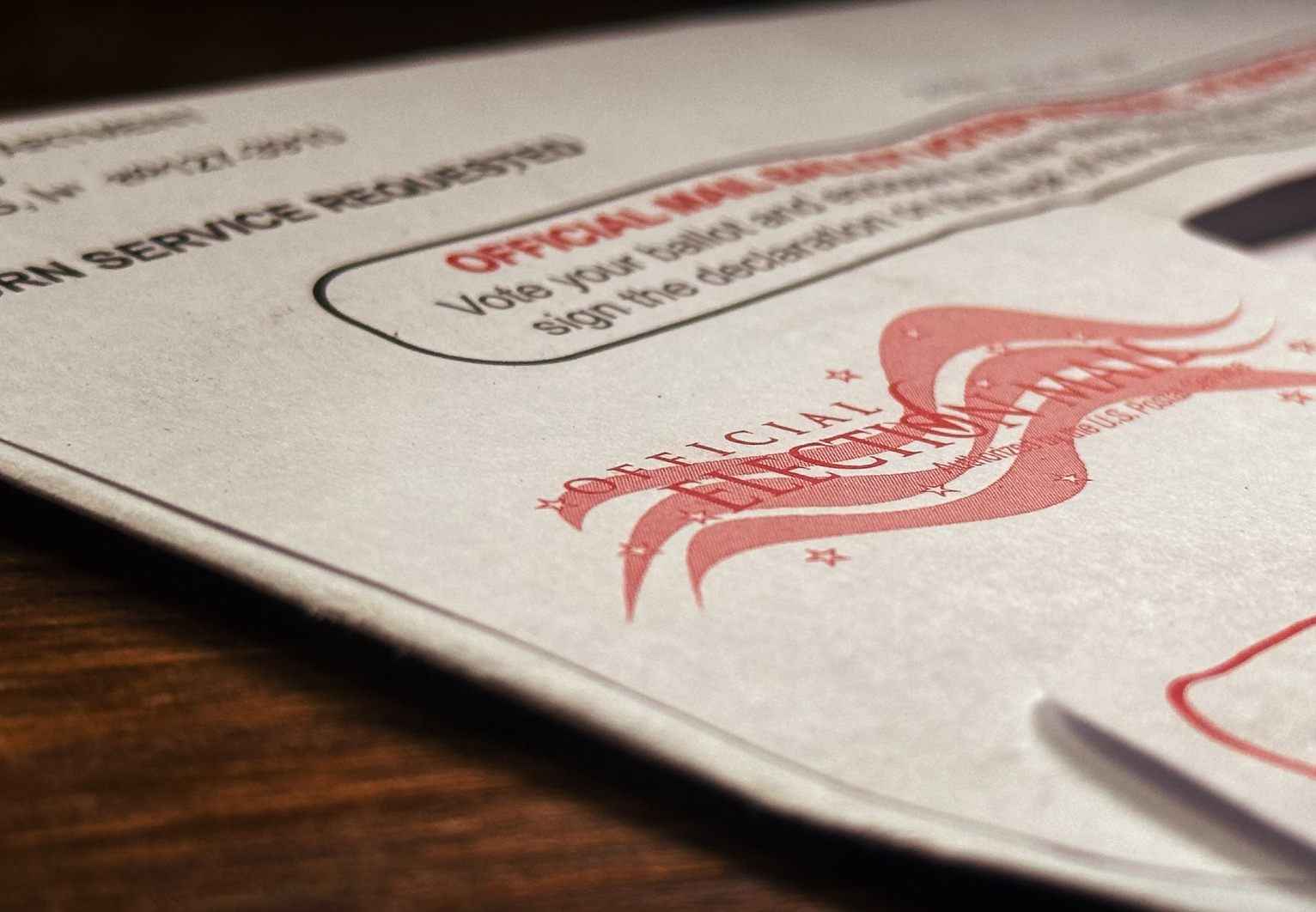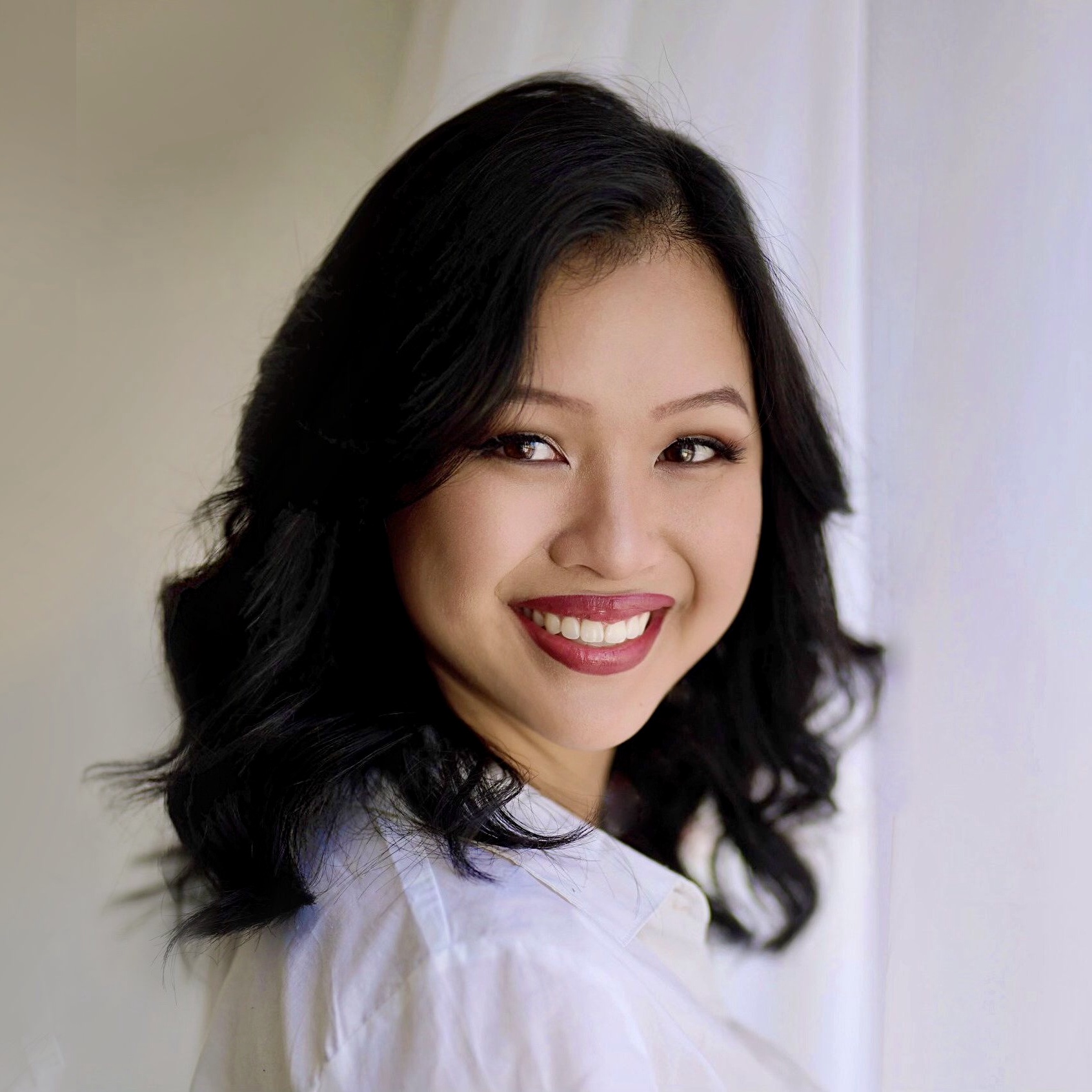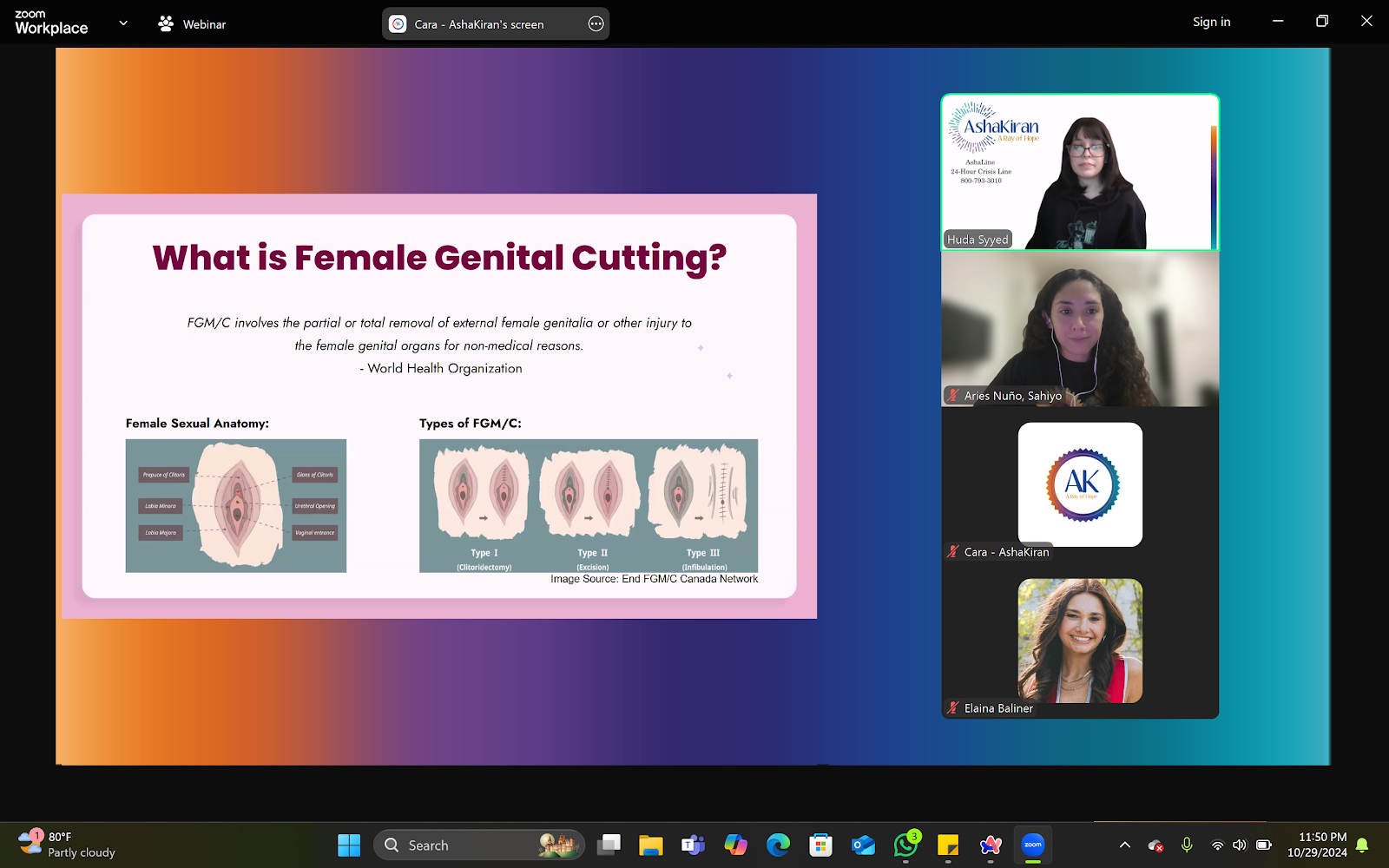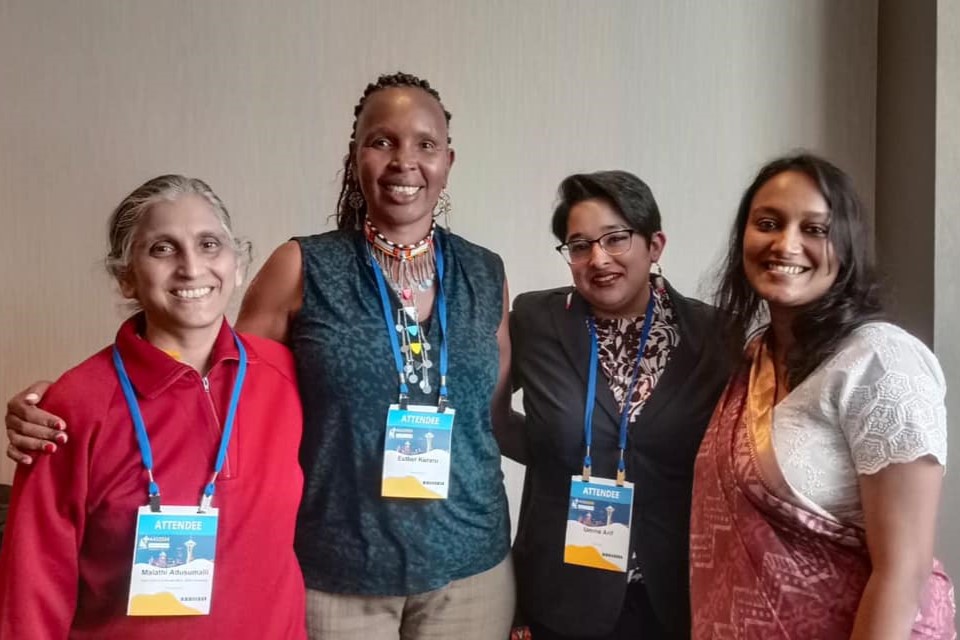On November 4, Sahiyo U.S. hosted a vibrant webinar titled: Youth Advocacy Against Female Genital Cutting (FGC): A Conversation on Change, where a global community of advocates, educators, medical professionals, and human rights advocates gathered to share experiences and strategies for change. The diversity of perspectives in attendance highlighted how broad the movement to end FGC is. We heard from students who are passionate about women’s health, professors seeking to educate themselves on FGC, and activists working directly in their communities to end this harmful practice. Attendees gathered from near and far, with some folks tuning in from the city of Chicago and others from Singapore!
Panelists at the event shared how youth are uniquely positioned to challenge entrenched norms and misconceptions around FGC. One advocate emphasized the importance of research and access to resources in academic institutions. Another spoke on the power of intergenerational engagement, highlighting how each generation brings unique strengths to the movement. Addressing the diverse cultural landscape, a third panelist discussed the significance of incremental progress in regions where FGC is deeply rooted in community social norms, stressing that every step forward, no matter how small, contributes to broader change.
As one attendee described, the stories that were shared among the group were “beautiful, heartbreaking, and powerful,” while others thanked the panelists for their “bravery in turning betrayal into action.”
For those who couldn’t join, here is a link to the recording of the webinar. We encourage you to watch and reflect on this incredible event alongside us!

